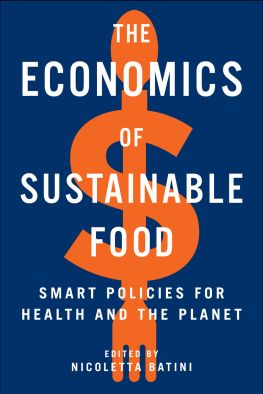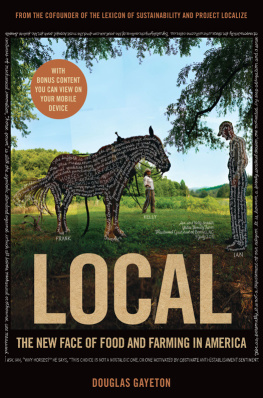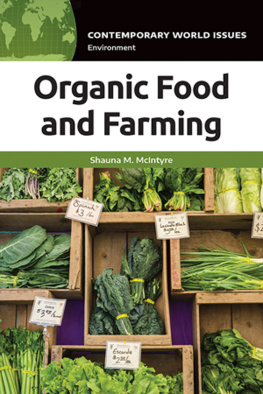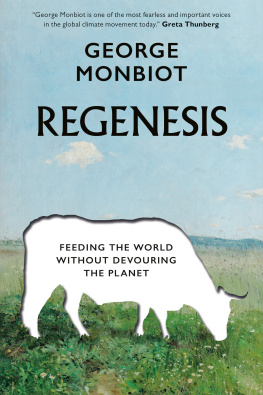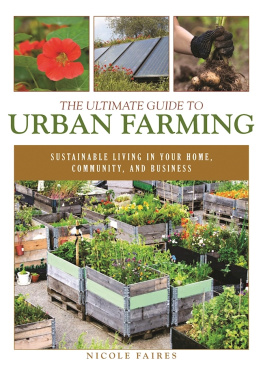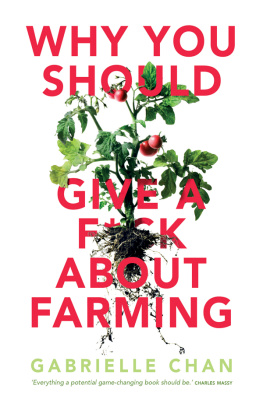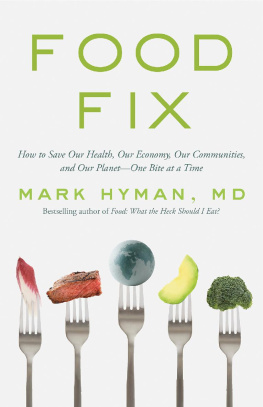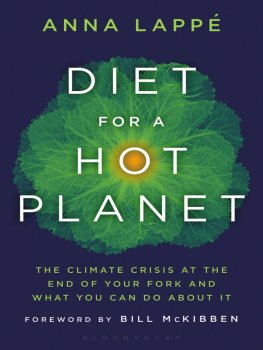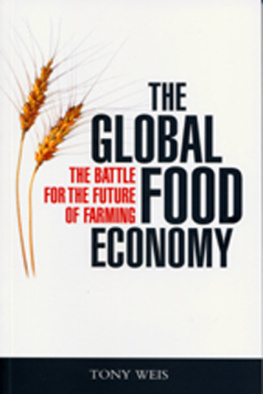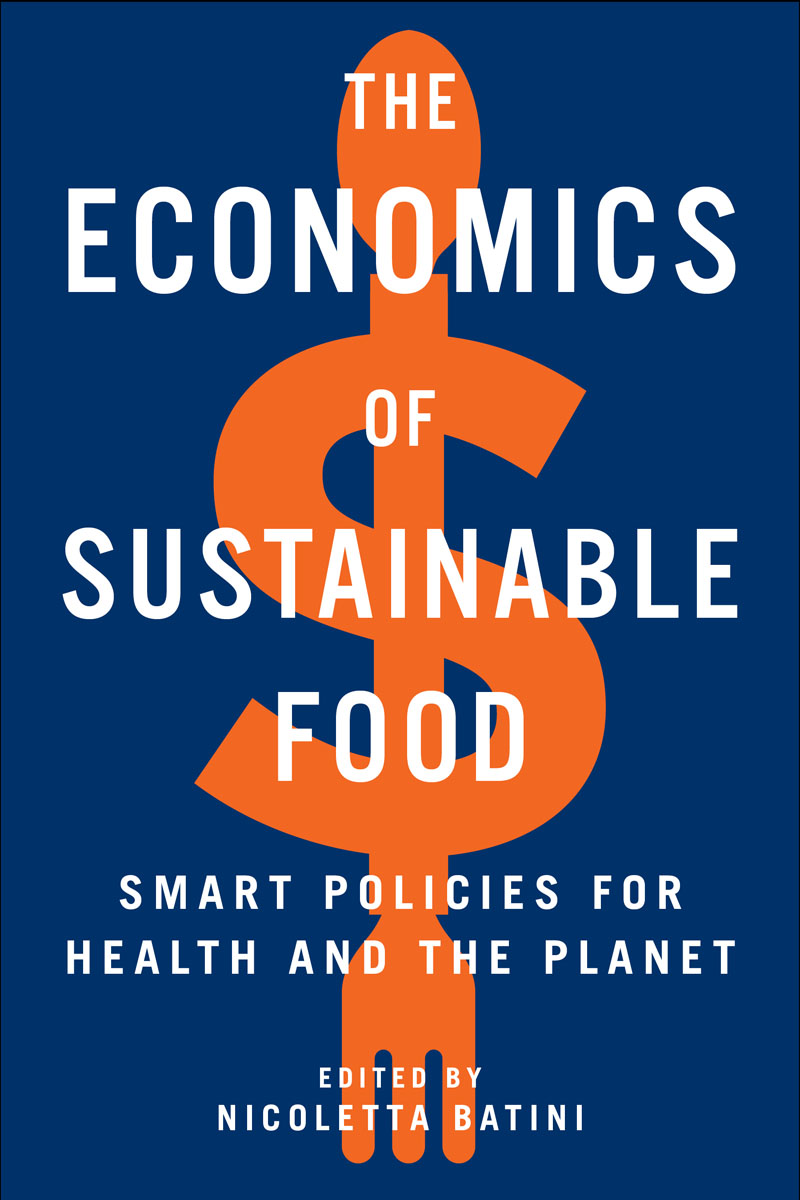
About Island Press
Since 1984, the nonprofit organization Island Press has been stimulating, shaping, and communicating ideas that are essential for solving environmental problems worldwide. With more than 1,000 titles in print and some 30 new releases each year, we are the nations leading publisher on environmental issues. We identify innovative thinkers and emerging trends in the environmental field. We work with world-renowned experts and authors to develop cross-disciplinary solutions to environmental challenges.
Island Press designs and executes educational campaigns, in conjunction with our authors, to communicate their critical messages in print, in person, and online using the latest technologies, innovative programs, and the media. Our goal is to reach targeted audiencesscientists, policy makers, environmental advocates, urban planners, the media, and concerned citizenswith information that can be used to create the framework for long-term ecological health and human well-being.
Island Press gratefully acknowledges major support from The Bobolink Foundation, Caldera Foundation, The Curtis and Edith Munson Foundation, The Forrest C. and Frances H. Lattner Foundation, The JPB Foundation, The Kresge Foundation, The Summit Charitable Foundation, Inc., and many other generous organizations and individuals.
The opinions expressed in this book are those of the author(s) and do not necessarily reflect the views of our supporters.

Island Presss mission is to provide the best ideas and information to those seeking to understand and protect the environment and create solutions to its complex problems. Click here to get our newsletter for the latest news on authors, events, and free book giveaways.

2021 Nicoletta Batini
All rights reserved under International and Pan-American Copyright Conventions. No part of this book may be reproduced in any form or by any means without permission in writing from the publisher: Island Press, 2000 M Street, NW, Suite 650, Washington, DC 20036
Library of Congress Control Number: 2020944714
All Island Press books are printed on environmentally responsible materials.
Manufactured in the United States of America
10 9 8 7 6 5 4 3 2 1
Nothing contained in this book should be reported as representing the views of the IMF, its Executive Board, member governments, or any other entity mentioned herein. The views in this book belong solely to the authors.
Keywords: Agricultural industrialization, developing economies, food demand, food insecurity, food prices, food production, food supply, food system, food waste, global food shortage, Green Revolution, Intergovernmental Panel on Climate Change (IPCC), macroeconomic policy, polyfunctional farming, subsistence economies, sustainable agriculture, sustainable development, true cost of food
For Lina and Jehanne, my small (but mighty) Mother Nature warriors.
CONTENTS
PREFACE
Food systems have come a long way since the era of hunting and gathering began some 1.8 million years ago, yet the undeniable advances have come at a price. While more than two thirds of the population in poor countries still work in subsistence agriculture and fishing, less than 5 percent of the population does in richer countries, where most of our food is produced, using industrial methods focused on high crop and animal productivity. Globally, the industrial food chain is extremely concentrated, with a few players dominating entire food markets vertically or horizontally.
So far, twenty-first-century macroeconomists have largely ignored food systems. This is odd, considering that the agri-food sector is both the largest, fastest-growing industry in the world and the major employer in the developing world.
Perhaps more worryingly, many macroeconomists have overlooked the fact that our current food systems pose several existential threats to people and economies. First, almost half of humanity is chronically malnourished, and most of the rest is either overweight or obese, because the food we produce is less and less nutritious and the way we distribute it globally is grossly inefficient and vulnerable to disruptions. This has huge implications for labor productivity and health expenditures and, accordingly, for private and public finances. Second, industrial food production, from intensive monocrops and confined animal operations in the Northern Hemisphere to thousands of small-scale ranchers in the Amazon serving the cattle industry, is bringing entire ecosystems to biological collapse, causing a human-made mass extinction. Crucially, the food system is the top contributor to greenhouse gas emissions and the number one degrader of natural resources, including water and air. Third, human diets have shifted progressively toward consumption of more foods derived from animals. Many of these animals are fed from birth with growth-promoting subtherapeutic dosages of antibiotics, generating conditions for the proliferation of new, untreatable superbugs resistant to known antimicrobials. Industrial animal farming operations that raise large numbers of animals in confined spaces also breed bacteria and viruses such as Salmonella, Escherichia coli, and the 2009 swine flu H1N1. Even more concerning is the spread of zoonotic diseases such as SARS-CoV, Zika, HIV, Ebola, and todays SARS-CoV-2, as more and more pathogens confined for millennia to the animal kingdom jump species to infect ours. This spread is traceable to the increasing disturbance of wildlife, both through the consumption of wild animals for food and through the loss of wildlife habitat as more land is cleared for farming and urbanization.
The impact of each one of these threats on people and the planet is immense and is economically unbearable, making their combined adverse effects too large to conceive. The good news is that this implies that reforming food systems promises incredible opportunities to advance both human and environmental well-being. Apart from feeding us properly and conserving the natural world, well-managed food systems can secure multiple social, economic, and environmental goals, such as keeping humanity healthy and well-nourished, sustaining inclusive trade and income, and creating millions of local high-quality jobs. In this sense, reforming food systems is central to achieving the UN Sustainable Development Goals and the pledges of the Paris Climate Agreement.
As populations grow and dietary patterns shift to become progressively more caloric and protein-rich, natural resources are put under growing stress while climate change wreaks havoc on global food security. To avoid the very real risk of a human and planetary catastrophe, we need to quickly reinstate food systems in the pantheon of economic activities that macroeconomists routinely analyze and work on. And we must design and implement economic strategies to make food production more inclusive, profitable, sustainable, and nutritious.
To this end, this book identifies a portfolio of policy measures to reform food systems based on a multidisciplinary approach connecting macroeconomics, public health, and environmental sciences. Recommendations are based on the most recent scientific literature and on a large array of successful country cases.
I strongly recommend this book to all those who want to understand the importance of food systems for economies and their relationship with climate and developmental goals, as well as to those who want to design sound public policy strategies to attain those goals.
Next page
